Sorry, But These 13 Oscar Winners Didn’t Deserve the Hype
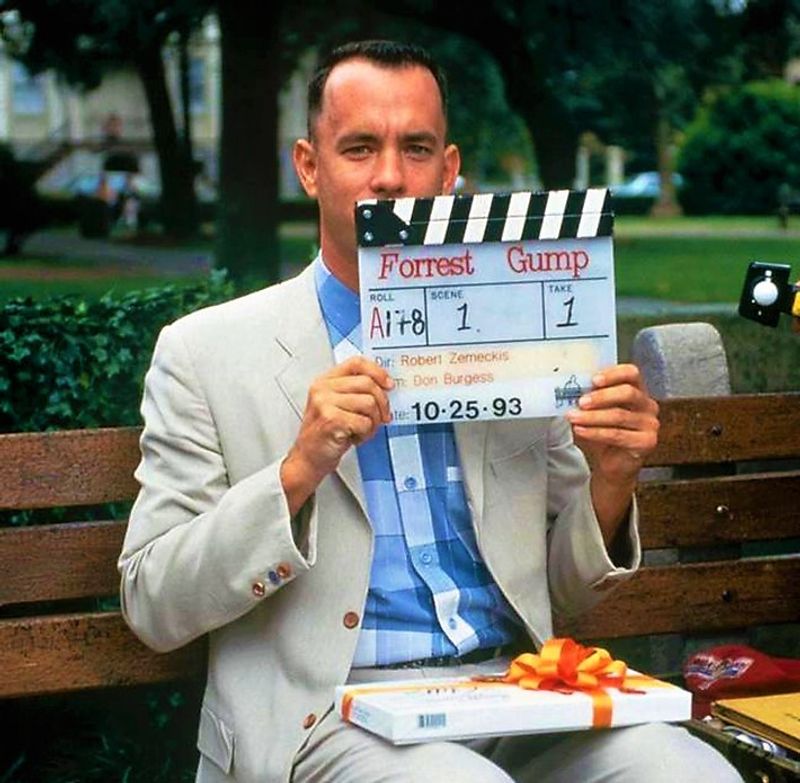
Every year, the Academy Awards are supposed to honor the very best in cinema. But let’s be honest—sometimes the Oscars feel less like a celebration of excellence and more like a popularity contest run by people who fell asleep halfway through the movie. While some winners truly earn their golden statues, others leave movie fans asking, “Wait… that won Best Picture?”
1. Crash (2005)
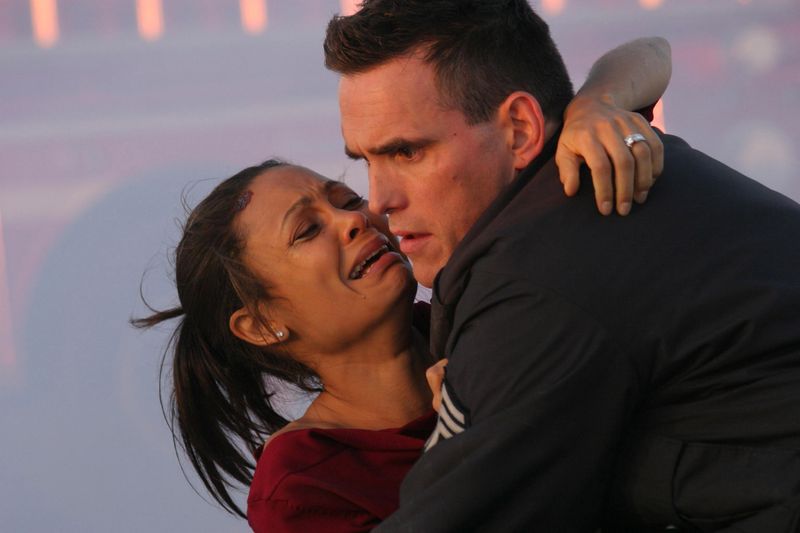
Back in 2005, this drama about race relations in Los Angeles shocked everyone by beating Brokeback Mountain for Best Picture. At first glance, it seemed like a bold, socially aware choice—until people started realizing just how heavy-handed and simplified its message really was.
Rather than offering meaningful insight, Crash often relied on exaggerated coincidences and stereotypical encounters that made audiences roll their eyes. The film wanted to say something big about racism but ended up feeling like a lecture from someone who just discovered the concept of bias.
Over time, Crash became the go-to example of an Oscar misfire. Even its own director, Paul Haggis, admitted it didn’t deserve to win. When the person who made the movie agrees with the critics, you know something went wrong.
2. Shakespeare in Love (1998)
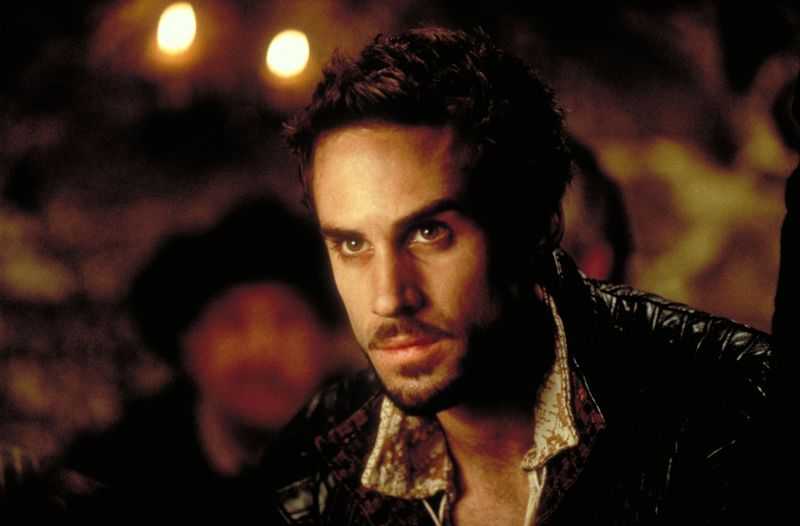
Few Oscar wins have stirred as much controversy as this romantic comedy’s victory over Saving Private Ryan. One is a lighthearted romp about love and poetry; the other, a harrowing war masterpiece that redefined the genre. And yet, somehow, the Academy chose the fluff.
Many critics point to producer Harvey Weinstein’s infamous campaigning tactics as the real reason Shakespeare in Love triumphed. The marketing push was relentless, turning award season into a political race instead of an artistic one.
While it’s a charming and clever film, it simply didn’t have the emotional depth or cinematic impact of its competitors. It’s the kind of movie you enjoy once, smile at, and then forget—unlike Spielberg’s unforgettable depiction of war.
3. Green Book (2018)
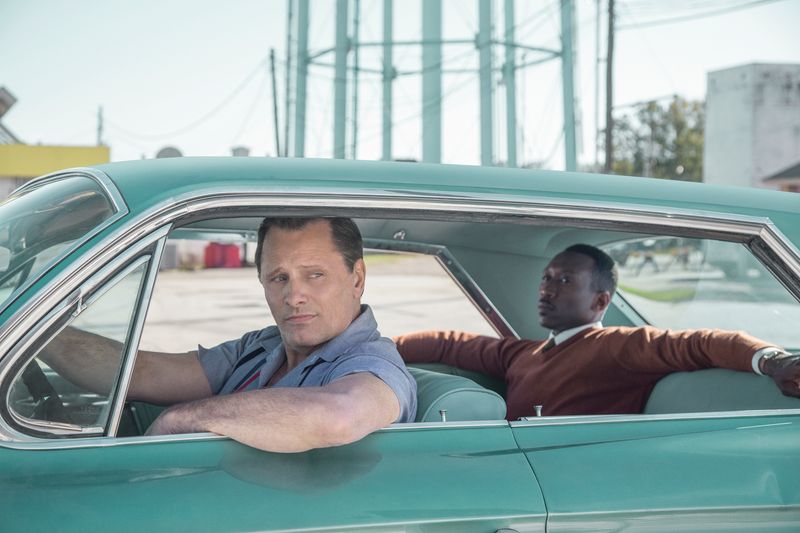
This film’s heart might’ve been in the right place, but its execution? Not so much. Green Book tells the story of a friendship between a Black pianist and his white driver in the 1960s—but the narrative often felt more like a story about the driver learning to be a better person.
Many criticized it for its “white savior” undertones and for oversimplifying complex racial issues. The real-life Don Shirley’s family even spoke out, saying the portrayal was inaccurate and missed the point entirely.
When Green Book beat Roma and Black Panther, the backlash was instant. It wasn’t that it was a terrible movie—it was that it represented Hollywood’s outdated comfort zone when it came to tackling race.
4. The King’s Speech (2010)
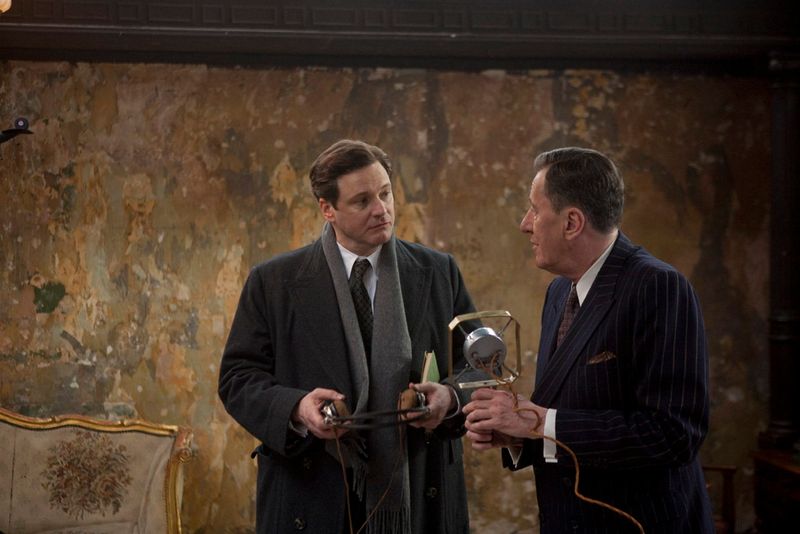
This British historical drama was sweet, polished, and utterly safe. While audiences adored Colin Firth’s portrayal of King George VI overcoming a stammer, many felt that The Social Network—a daring, generation-defining story—was robbed.
There’s no denying The King’s Speech is well-made. The acting is superb, and it has that cozy prestige-movie feel that the Academy can’t resist. But it wasn’t groundbreaking—it was predictable, the kind of film you could watch with your grandma on a Sunday afternoon.
In hindsight, The King’s Speech feels like the Academy’s attempt to play it safe rather than reward innovation. It’s pleasant, yes—but so is chamomile tea, and no one’s giving that a gold statue.
5. Forrest Gump (1994)
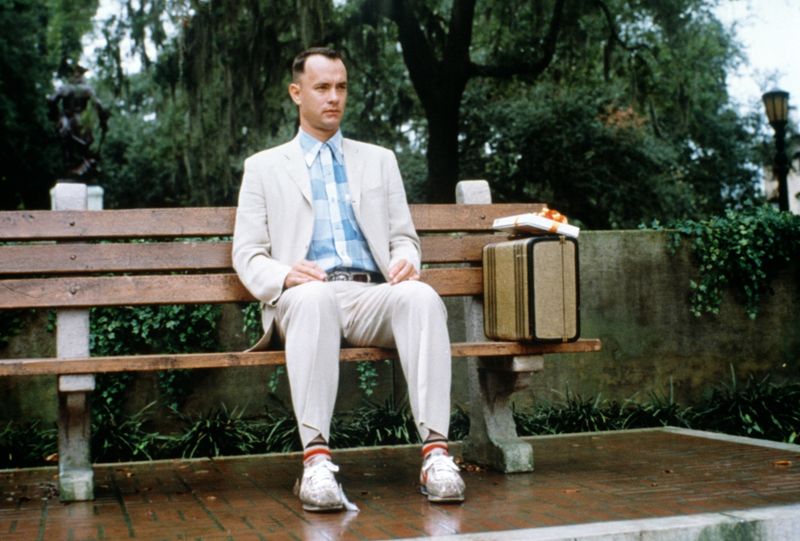
It’s hard to hate Forrest Gump. It’s quotable, emotional, and Tom Hanks is absolutely lovable. But when you look at what it beat—Pulp Fiction and The Shawshank Redemption—it’s clear this win was more about heartstrings than artistry.
The movie’s nostalgia-heavy storytelling appealed to the Academy’s sentimental side, but it avoided deeper exploration of the political and cultural changes it depicted. It was the cinematic equivalent of saying, “Life is like a box of chocolates” while skipping the bitter ones.
Decades later, cinephiles still debate this one. It’s not that Forrest Gump isn’t good—it’s that it wasn’t the best.
6. The Greatest Show on Earth (1952)
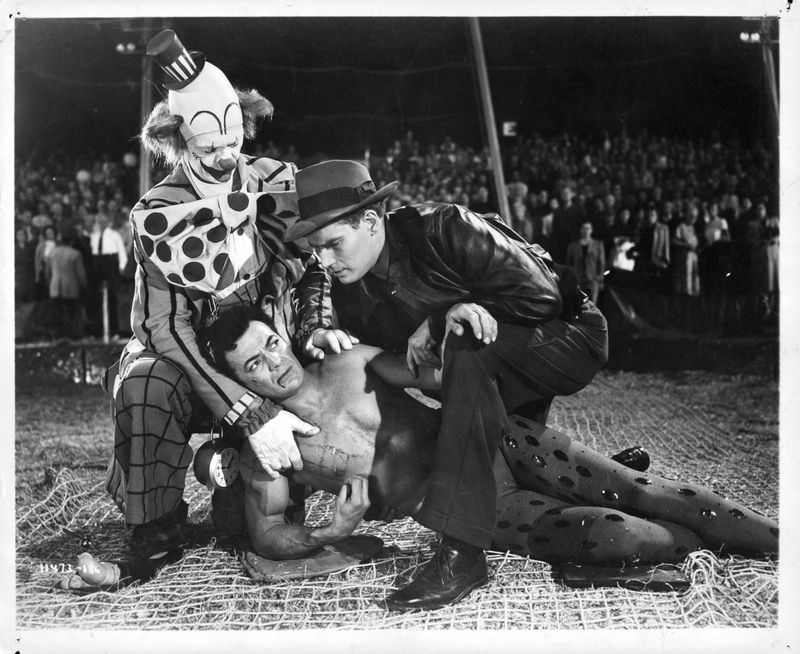
When Cecil B. DeMille’s circus epic won Best Picture, critics were baffled. Even at the time, people knew it wasn’t exactly high art. The movie was a glossy, overlong spectacle about circus life that prioritized elephants over emotional depth.
It beat out High Noon and The Quiet Man, both of which are now considered timeless classics. Meanwhile, The Greatest Show on Earth faded into cinematic obscurity, remembered mainly for how undeserving it was of the top prize.
To put it kindly, this win feels like the Academy was dazzled by glitter and ignored substance. Sometimes, the flashiest act in the tent isn’t the one worth applauding.
7. Dances with Wolves (1990)
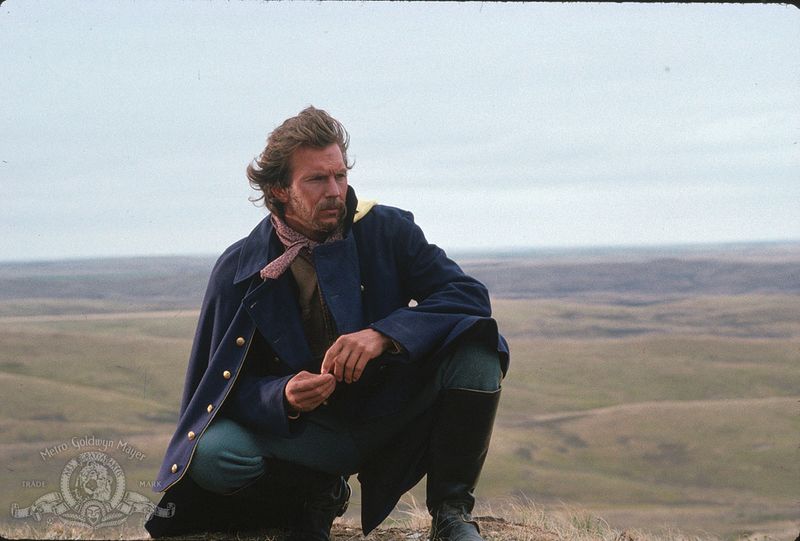
Kevin Costner’s sweeping frontier epic was a crowd-pleaser, but it shouldn’t have beaten Goodfellas. While Dances with Wolves offered stunning visuals and heartfelt performances, it relied on a familiar “white savior” narrative that hasn’t aged well.
Martin Scorsese’s Goodfellas was bold, stylish, and changed the gangster genre forever. Costner’s film, by comparison, felt like an old-fashioned tale designed to make its audience feel comfortably noble about history.
It’s not that Dances with Wolves was bad—it just wasn’t revolutionary. When a film like Goodfellas loses, it’s hard not to feel like the Academy chose sentiment over substance.
8. Chicago (2002)
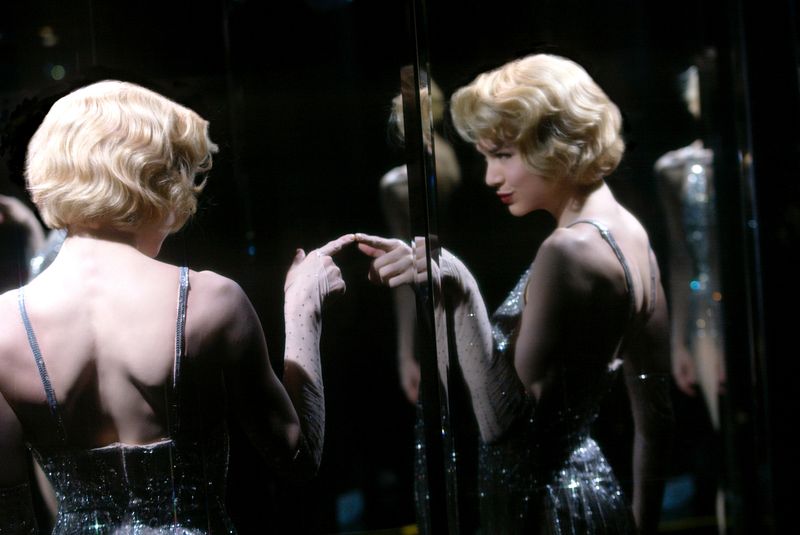
No one can deny that Chicago was entertaining—it was glitzy, loud, and full of catchy songs. But as a Best Picture winner, it felt more like a Broadway performance than a cinematic masterpiece.
The film beat The Pianist and Gangs of New York, both of which offered richer storytelling and emotional depth. Chicago dazzled, but it didn’t really move you. It was a show, not an experience.
Over time, Chicago’s win has come to symbolize the Academy’s occasional obsession with style over substance. It might’ve been razzle-dazzle, but that doesn’t mean it was golden.
9. A Beautiful Mind (2001)

Audiences were drawn to the story of John Nash, the brilliant mathematician struggling with schizophrenia, but critics couldn’t ignore how much of the truth was glossed over. The film’s softened portrayal of Nash’s life left out major, uncomfortable details.
The story was inspiring, but it felt like Hollywood tried too hard to make it palatable. Meanwhile, more daring and original films like Moulin Rouge! and The Lord of the Rings: The Fellowship of the Ring were left in the shadows.
A Beautiful Mind is heartfelt and well-acted, but its sanitized version of a complex life made its win feel too neat, too convenient—exactly the kind of movie the Oscars can’t seem to resist.
10. The Artist (2011)
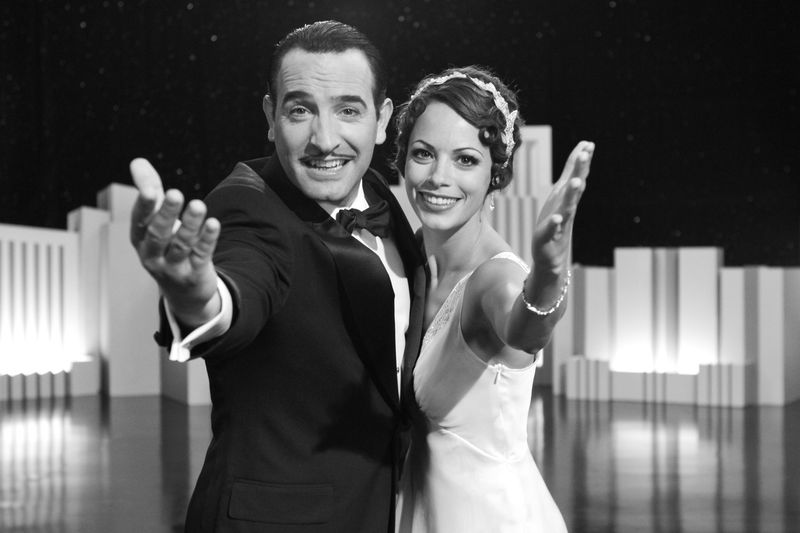
This black-and-white silent film was a love letter to old Hollywood—and for that reason alone, it captured the Academy’s heart. But let’s be honest: most people forgot about it within a year.
The film was charming, clever, and different, but it didn’t have the staying power of its competition, like The Tree of Life or Moneyball. Its novelty carried it to victory, but novelty fades fast.
Today, The Artist is more of a trivia question than a cultural touchstone. It’s proof that nostalgia can win big, even when the story itself doesn’t linger.
11. Out of Africa (1985)
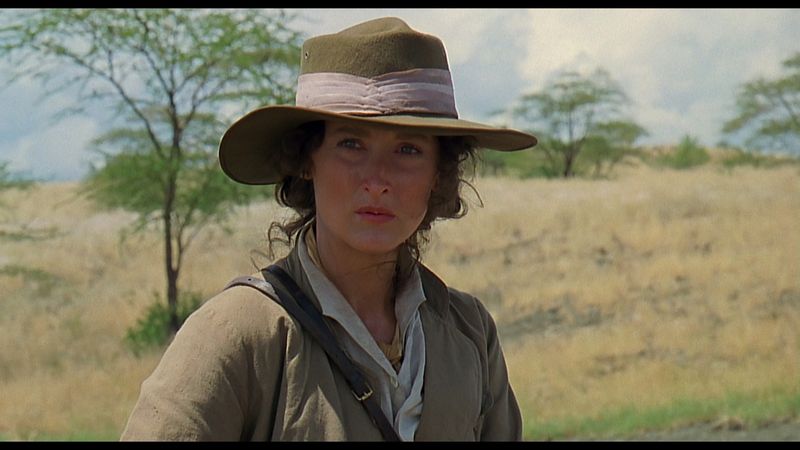
Beautiful scenery, stunning costumes, and Meryl Streep doing her best accent—it all looked like a sure Oscar bet. And it was. But Out of Africa’s slow pace and lack of emotional spark made it feel more like an endurance test than a love story.
The movie beat The Color Purple, a far more powerful and emotionally resonant film that deserved recognition. Instead, Out of Africa won for being the kind of sweeping epic the Academy loves, even when it leaves audiences yawning.
Visually gorgeous but narratively hollow, it’s a classic case of style trumping substance.
12. Rocky (1976)
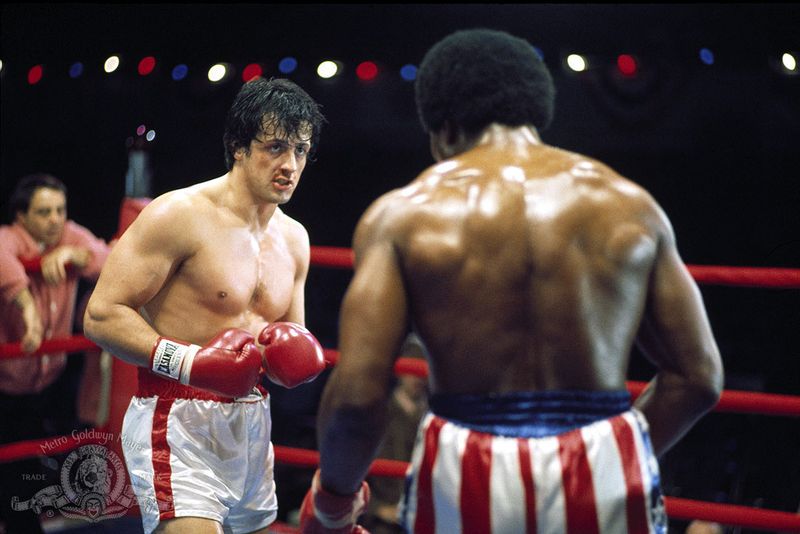
Everyone loves an underdog story, and Rocky is as iconic as they come. But beating out Taxi Driver and Network? That’s where the gloves come off.
The movie’s charm, heart, and grit were undeniable, but its win feels more like a celebration of its feel-good spirit than its cinematic achievement. It wasn’t groundbreaking—it was just very, very likable.
Over time, Rocky became a cultural legend, but as a Best Picture choice, it still sparks debate. Sometimes the Academy just can’t resist a good right hook to the feels.
13. Oliver! (1968)
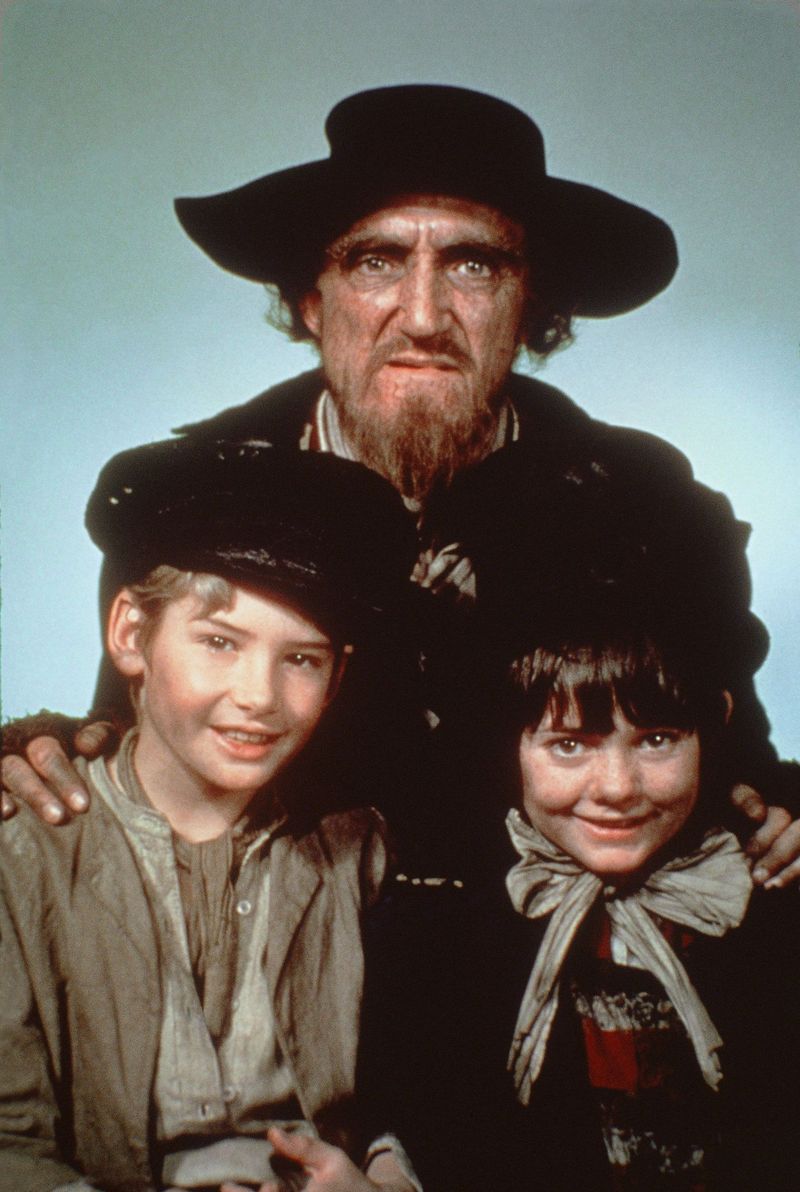
Musicals were huge in the ’60s, and Oliver! had all the makings of an Oscar favorite—big sets, catchy tunes, and adorable kids singing in cockney accents. But against 2001: A Space Odyssey and Rosemary’s Baby, it’s hard to justify the win.
The movie is cheerful and well-made, but it doesn’t exactly scream “cinematic milestone.” It’s more of a comfort watch than a cultural landmark.
Looking back, Oliver!’s victory says more about the Academy’s tastes at the time than about the film’s actual merit. Sometimes, the voters just want to sing along.

Comments
Loading…